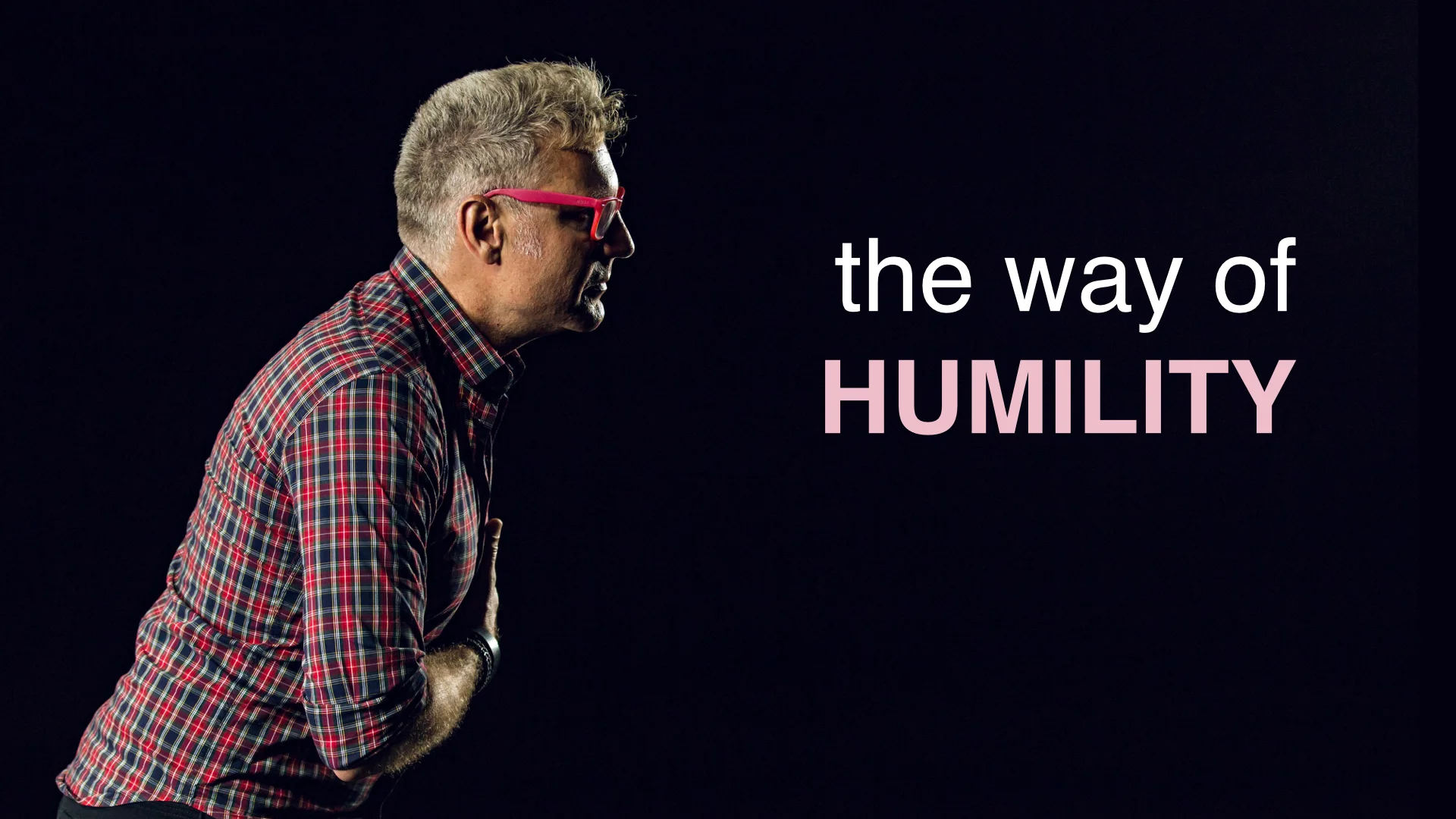I like to think I am relatively fit and trim for a middle aged man—and that makes me feel good— until I encounter someone my age or older who is in much better physical condition, like a group of surf dads I recently met in Sydney.
I’m privileged to spend my time as a teacher and writer, but my book sales are minuscule compared to several “successful” authors I know.
I am extremely wealthy in comparison to the majority of the world’s population--in the top 1 or 2 percent. But compared to a young man named Mark Zuckerberg, who moved into our neighborhood a few years ago, I’m not well off at all. (Even after the recent Cambridge Analytica scandal he is still worth 67 billion U.S. dollars).
We instinctually compare ourselves to one another. Am I taller or shorter? Older or younger? Richer or poorer? More or less attractive, intelligent or successful?
Where do you struggle with competition or comparisons? How do you get caught in the trap of feeling greater than or less than others?
Social comparison theory suggests that we tend build our sense of worth based the question, “Who is better or worse off than me?" It usually feels better to come out ahead or on top. Research suggests that we are hard wired to make comparisons. In one experiment, when participants in a game saw another person lose more money than they did, the reward center of their brains became more activated than it did when they won money. In another study, participants listened to a narrative about an enviable person's successes. When details were added about this character’s failure or bad luck, the participant’s brain reward systems lit up.[1] We seem to delight in other people’s demise, perhaps because it makes us feel better about ourselves.
Surveys suggest that the majority of us believe we are above average [2]. But statistically, only half of us can actually be above average. In their landmark book, The Spirit Level: Why Greater Equality Makes Societies Stronger [3], Wilkinson and Pickett used statistical analysis to demonstrate the negative impact on health, education and well being in countries that have widening socio economic disparities— even in relatively wealthy countries like the United States. Their findings suggest that a widening gap feeds our tendency to feel diminished and disempowered by negative comparisons.
The wise teacher of Ecclesiates once observed that “all toil and all achievement spring from one person’s envy of another.” [4].
We want to feel good about who we are, but is comparing ourselves a stable and enduring way to build a healthy sense of self?
On multiple occasions the disciples of Jesus argued about which one of them was the greatest, and in response Jesus said,”The greatest among you should be like the youngest, and the one who rules like the one who serves…I am among you as one who serves." [5]
Learning to make comparisons is developmentally necessary, but ultimately unfulfilling. Jesus invites us to move from what is instinctual, to a deeper consciousness than can transform us. “Blessed are the meek, for they will inherit the earth.” [6] Our truest identity is that we are beloved, each made in the image of God. “For you created my inmost being; you knit me together in my mother’s womb. I praise you because I am fearfully and wonderfully made.” [7] Internalizing this reality can give us the healthy sense of self we so desperately desire.
Recently in group settings I’ve invited people to place their hand over their heart and repeat a phrase to themselves and then to one another:
“I am made in the Divine image, a creature of infinite dignity and worth.”
"You are made in the Divine image, a creature of infinite dignity and worth.”
Saying those words can sound almost too good to be true. But how would our lives be different if we learned to live from such a deep place of worth? Humility acknowledges the equal dignity in ourselves and others, and frees us to serve AND allow others to serve us.
PRACTICE
Each day this week practice a breath prayer that helps you remember your true dignity and worth. A Breath prayer (or mantra) is a short sentence you can repeat that helps you be present to what is real. Choose three times at the beginning, middle and end of each day when you will stop to use the mantra, repeating it several times. You could try kneeling as you do this, or bow with your hand on your heart.
[1]The envious brain: the neural basis of social comparison. Dvash J1, Gilam G, Ben-Ze'ev A, Hendler T, Shamay-Tsoory SG.
[3] https://www.amazon.com/Spirit-Level-Equality-Societies-Stronger/dp/1608193411
[4] Ecclesiastes 4:4
[5] Luke 22:24-27
[6] Matthew 5:5
[7] Psalm 139: 13-14
